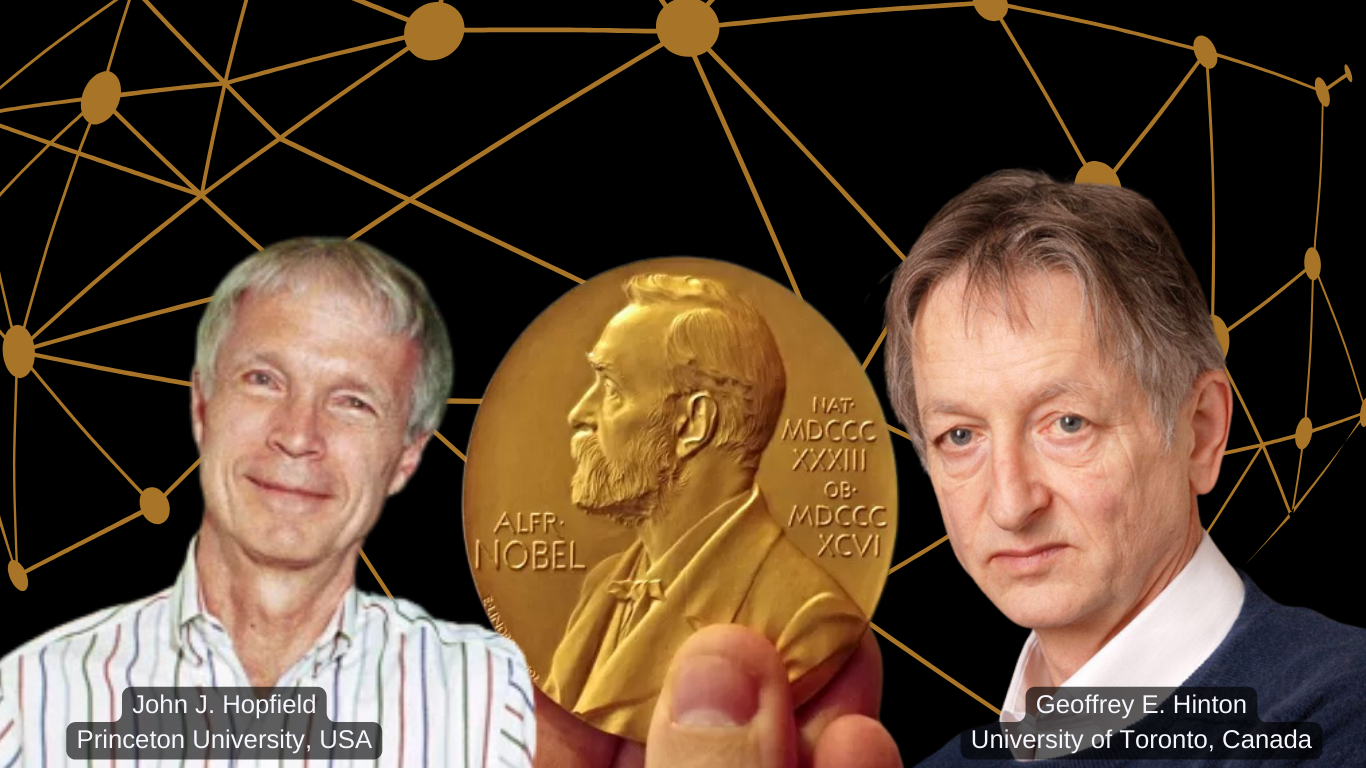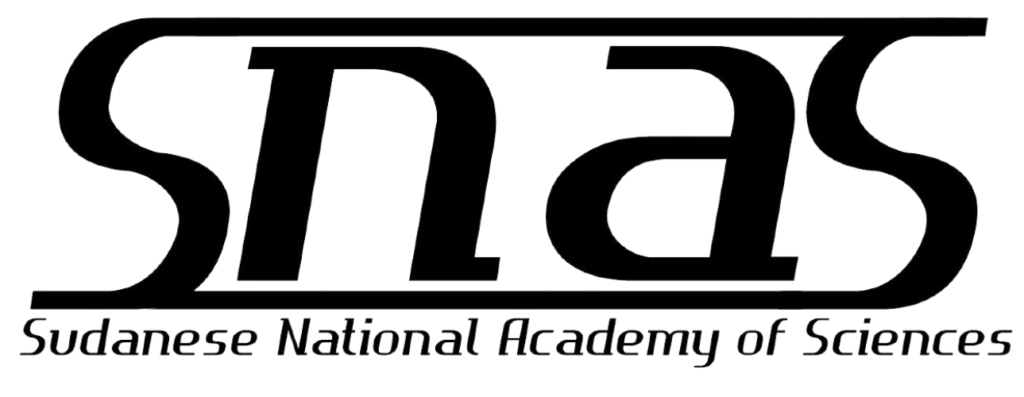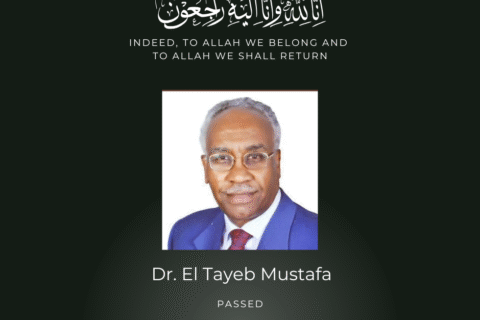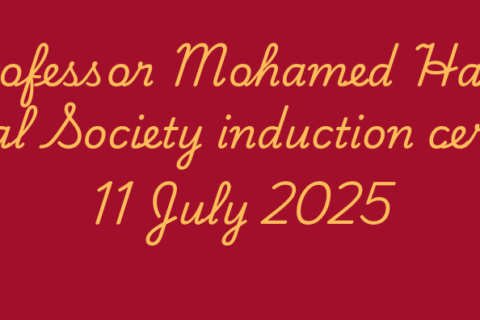
By: Professor Adil M. A. Haseeb
Department of Physics, University of Khartoum & SNAS
haseeb.adil@gmail.com
The Nobel Prize in Physics for 2024 was awarded to Geoffrey Hinton and John J. Hopfield for their contributions to artificial intelligence (AI), specifically in the development of artificial neural networks. The Royal Swedish Academy of Sciences recognized their work in machine learning, which has significantly advanced technologies like image recognition and natural language processing. However, the decision sparked controversy among some physicists who argued that AI, rooted in statistical and mathematical applications, does not belong within the realm of physics. They felt the prize should focus on fundamental discoveries, rather than applied technologies. Despite this, Hinton’s pioneering work in deep learning and Hopfield’s advancements in pattern recognition were seen as crucial to the development of modern AI. The announcement raises concerns about the future implications of AI, similar to past technologies like dynamite, which Alfred Nobel invented with peaceful intentions, only to see it misused in warfare. The author suggests Nobel Prizes should remain true to their fundamental roots and not stray into applied fields without addressing potential risks.
The opinion was first published in the Photon Scientific Centre for Natural Sciences and Metaphysics Facebook page, accessible here.
